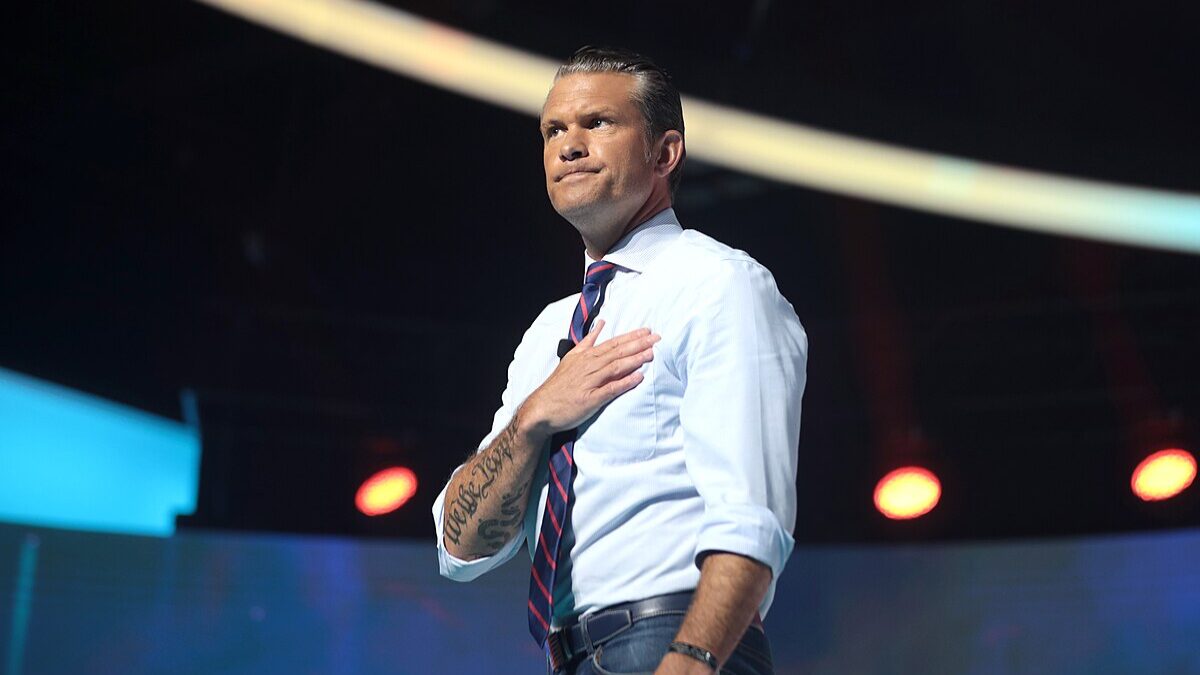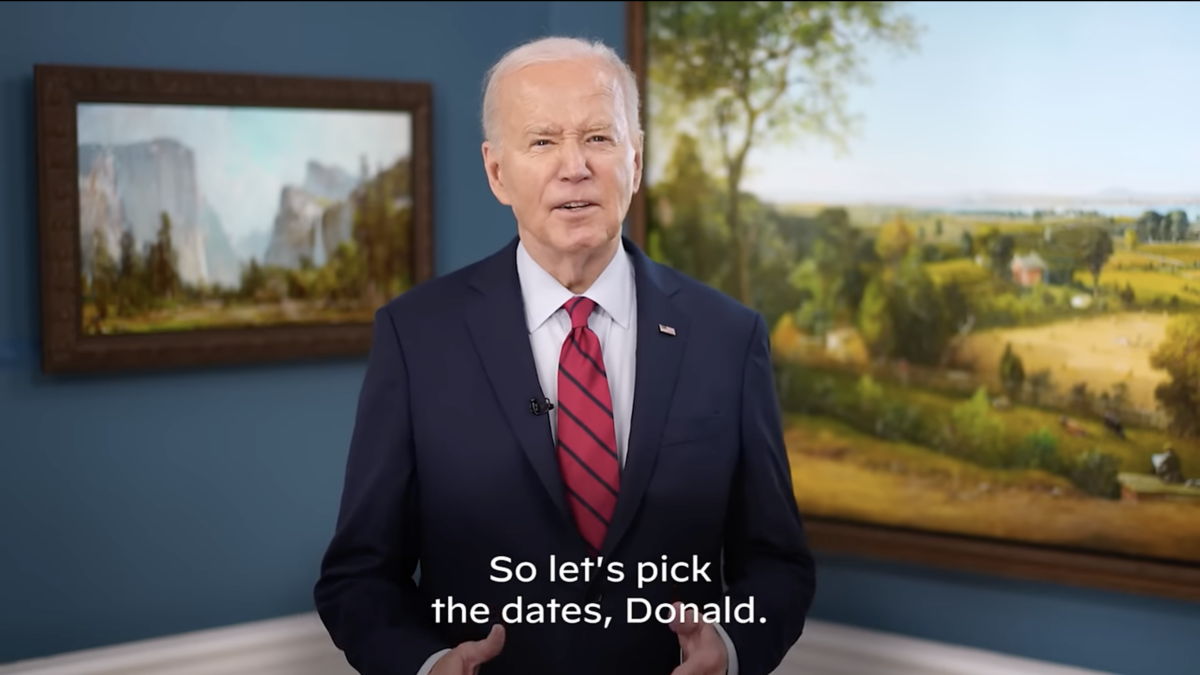
People have been saying that journalism is dying—or dead—for a while now. Since the Internet has made information free and easily accessible, old platforms such as the newspaper or magazine are seen as antiquated relics on the verge of destruction. But perhaps this is not the case.
Since 2016, “fake news” has not just created trending topics—it has become a trending topic in its own right. People argue over facts and fiction endlessly on Facebook and Twitter. The Internet proffers an endless glut of news, but in the ceaseless stream, many are wondering: how can we determine what’s real, and what’s not?
In the midst of the confusion, perhaps there’s room for high-quality, careful, and prudent publications to step back in and assert their voices.
In Trump Era, Newspapers Are Actually Making Money
In the aftermath of the 2016 election, publications have found they can actually make money on the news once more. As Amol Rajan reports for the BBC,
Trump has given many news organisations the sustainable commercial future they so desperately crave.
The New York Times, one of Mr Trump’s favourite voodoo dolls, which he has repeatedly admonished on Twitter and in rallies, is doing very well out of the new president. In the three weeks after his election, it sold 132,000 digital subscriptions – a tenfold increase.
That’s a lot of revenue with which to fund serious journalism. I spoke to Mark Thompson, the paper’s chief executive and a former director general of the BBC. He told me that the president’s actions and words ‘are causing hundreds of thousands of Americans who’ve never paid for news before to pay for it for the first time’.
And he added: ‘It’s not a political point, it’s purely a commercial point: the Trump era seems to be a very good era for quality journalism.’
CNN, the other organisation that Mr Trump has repeatedly labelled as fake news, also has plenty to thank the president for. Thanks to him, 2016 was CNN’s most watched year.
This Could Signal a Sad Homogeneity In Our News
Rajan also reports that “news websites like BuzzFeed News, the Guardian, Mail Online, the Independent and others, Trump has generated phenomenal traffic.” Unfortunately, to some degree, this upsurge in popularity stems from a reactionary response to Trump’s every word and action. To be sure, Trump is a controversial and bombastic person. Headlines seem to spontaneously generate in his wake.
But half out of amusement, half out of annoyance, I’ve occasionally tallied headlines containing the word “Trump” in my daily news reading. Ever since he announced his campaign for the presidency, the number has been woefully high:
Dear @washingtonpost: time to mix things up a bit? pic.twitter.com/3p2gRt9BA8— Gracy Olmstead (@gracyolmstead) August 17, 2016
(I do note the irony in giving this piece a Trumpian headline, just so you know. This isn’t to say we should avoid writing on the newsworthy. But the media’s Trump fixation seems a bit overwrought, even given his recent ascension to the presidency.)
This Could Entrench Our Partisan, Divisive Politics
It is also worth noting that this growth in Trump-generated dividends could skew news in a continually partisan direction. When Vanity Fair helped subscriptions soar a hundred-fold by billing itself as a magazine that Donald Trump hated, they were exercising good marketing. But they also showed us how this trend could entrench divisive elements of our national politics.
If certain news outlets (Steve Bannon’s Breitbart, say) bill themselves as the news outlets Trump likes, and others, like Vanity Fair and Buzzfeed, sell themselves as vehemently anti-Trump, they’ll encourage readers to align themselves along those lines. They’ll be forced to pander to readers who only want one version of the news (regardless of whether it’s the truthful version).
And readers will see their anti- or pro-Trumpness as their political brand, which will further entrench stereotypical and prejudicial stances on American politics as a whole.
This Could Help Us Pursue Higher-Quality News
Those are worst-case scenarios. But on the positive side, this trend could also push journalists to put out a better product—to verify before they report, and make sure their readers have trusted sources in the media. As Thompson told Rajan, this confusing Internet world is prompting “hundreds of thousands of Americans who’ve never paid for news before to pay for it for the first time.”
We need honest, truthful stories—especially in a media world that is so quick to jump on pieces of news that fit their worldview or bias.
A lot of journalists were flabbergasted by Trump’s win. It helped them see how deeply they’d misjudged a sizable portion of the country’s voter base. Now, in the aftermath of Trump’s inauguration, we’re already seeing a tendency to jump on juicy tidbits of scandal or outrage—before those items are properly verified or confirmed. Buzzfeed fell prey to this. As Daniel Payne wrote for The Federalist, several other news outlets have followed suit.
This Examiner writer rightly noted on Twitter,
What is even happening? We need to do better than this. It’s unacceptable, and nothing good can come from it. pic.twitter.com/t68RYytcGJ— T. Becket Adams (@BecketAdams) February 2, 2017
Journalists Need Another Wakeup Call
This goes both ways. Kellyanne Conway has referenced a “Bowling Green massacre” that never happened, and argued with NBC’s Chuck Todd about “alternative facts” concerning the inauguration. Some news outlets are more than willing to go along with anything Trump says or does, without verification or skepticism.
But hopefully this recent outbreak of “fake news” will prompt another, important wakeup call for the media. A lot of Americans want the truth—unadulterated, unbiased. Reporting on Trump’s immigration EO is so muddled with angry outbursts and defensive rebuttals, many readers find themselves overwhelmed, frustrated, and confused. As Michael Tracey wrote in response to the chaos,
You have to be an extremely sophisticated consumer of news in order to successfully parse the present situation. There’s a never-ending deluge of sensory data flying at you 24/7, and people who understandably take a layperson’s attitude toward ‘the news’ will simply glance at a retweet or headline, and then assume that the essence of the story is true because it’s coming from, say, the Washington Post. What normal person wants to spend their time analyzing the journalistic proclivities of Josh Rogin, who propagated the wildly misleading story last week that the State Department had undergone shocking mass resignations in some kind of display of defiance against Trump? The story’s central claim fell apart upon a moment’s scrutiny, but it didn’t matter: the thousands of people who retweeted the link and shared it on Facebook, and then the many orders of magnitude more people who simply viewed the story, still have the idea implanted in their heads that the entire senior management structure of the State Department resigned in an act of mass protest. But that’s simply not an accurate representation of what happened.
Prudent, Honest Journalism Will Make Money
We need to be more careful than this, Tracey argued. “Trump will not be effectively scrutinized if falsehoods, myths, and hysterias are allowed to fester without rebuttal,” he wrote. In the midst of partisan “noise” and reactionary reporting, journalists need to “maintain an ethos of prudence and fairness, and to apply that equitably to everyone in power.”
If more journalists recognize that this is what we need to do, it could foster a business model that is both needed and increasingly profitable. People need havens of truth in a world of chaos, bias, and fake news. They want sources they can rely on—sources that don’t just put smatterings of truth amidst prejudicial opinion pieces, but sources that actually put the truth before their political proclivities.
We need to do this regardless of whether it’s popular, and regardless of whether it sells. But if recent news trends are any indication, this could actually be a great marketing tool going forward. It’s always encouraging when the right thing is also profitable.









